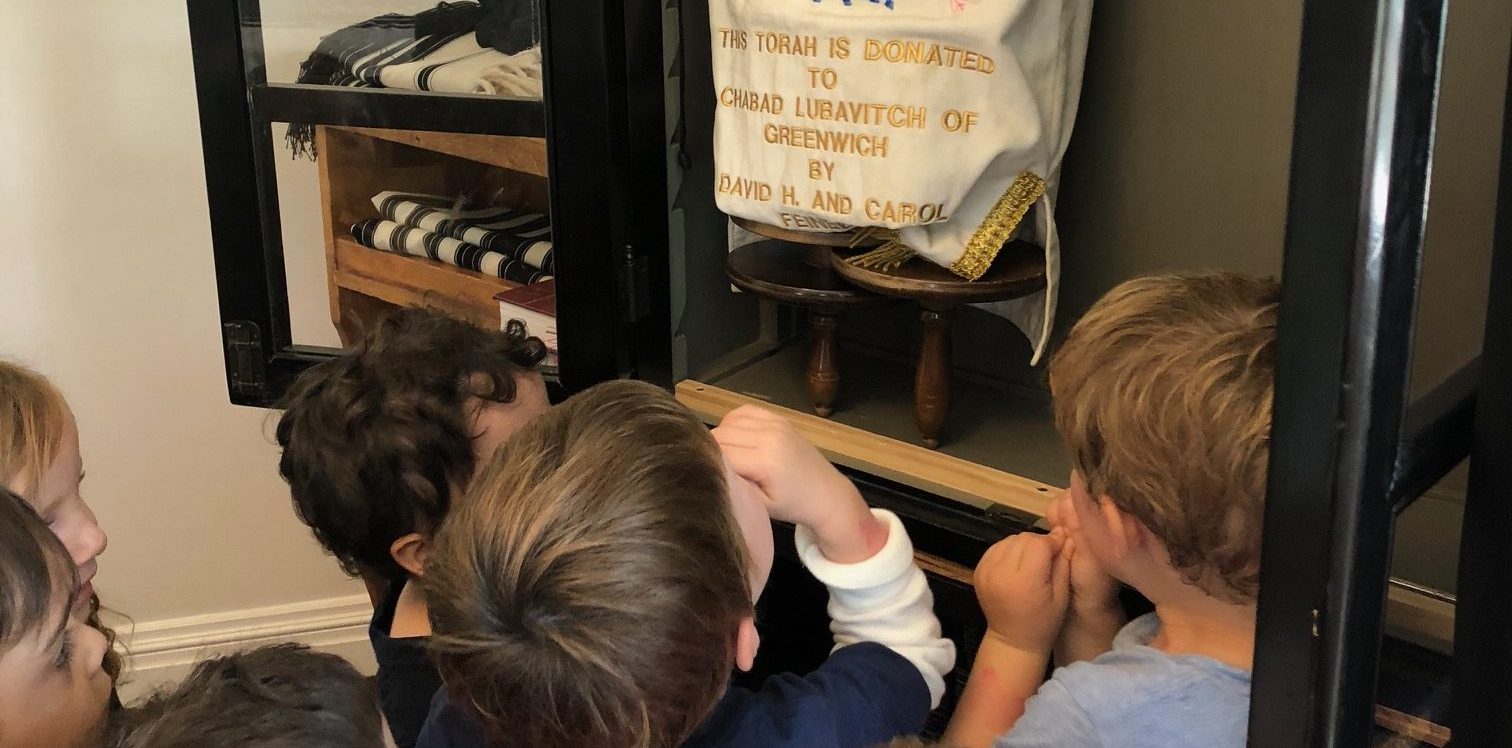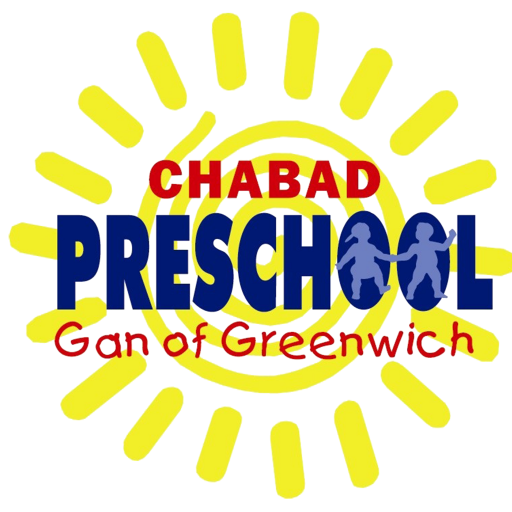
“I will be forever thankful for this special place and for the people who convinced me to give my daughter this wonderful year. I am so grateful that she will still have access to everyone involved; because of Camp Gan and Hebrew School she does not have to say goodbye to this special community of teachers and children.”
Chabad Preschool bases our curriculum on a thematic approach to learning. Units of study are ideal for integrating concepts across the curriculum areas and giving learning greater context and meaning. The most powerful themes of the curriculum are derived from the Jewish holidays, the seasons, the natural world, the study of self, family, and community, and other subjects that are relevant to children’s lives.
Teachers and children explore themes through a variety of sub-topics. Additional areas of focus emerge to reflect the interests of the children. From these subjects, teachers design classroom activity plans. The process of delving into a topic – asking questions, experimenting, making discoveries, and being deeply invested in the quest for understanding is precious to a child’s development. We aim to choose topics that pique children’s interests and then give them many opportunities to explore as we facilitate their investigations and weave in learning concepts.
Curriculum plans incorporate each subject area: language arts, math, science, social studies, art, music, and movement. The activities also engage multiple learning styles: visual, aural, verbal, social, solitary, logical, and physical. Teachers also consider each domain of child development when creating classroom plans – cognitive, social, emotional, physical, spiritual, and creative.
Preschool Monthly Themes
September
Back to School: getting to know each other and our classroom, rules, and routines, health and safety procedures, class bonding activities.
Rosh Hashana: apples, pomegranates, and exotic fruits, bees/hives/honey, shofar, calendar/cycle of the year.
Yom Kippur: making good choices, saying sorry for mistakes, prayer, going to Synagogue.
Sukkot/Simchat Torah: building/construction, sukkah, Lulav/Etrog, the gifts of Torah, Biblical heroes, Mitzvot, Hebrew letters.
October
Shabbat: Shabbat traditions, being a guest and being a host, days of the week, days of creation, Shabbat blessings and songs.
All about me: our bodies, our five senses, feelings and emotions, our names, our families, self-expression, growing up, taking care of ourselves.
Fall: changes in the environment and the weather, leaf exploration, migration/hibernation, cycle of seasons.
November
Thanksgiving: being thankful, Native American culture, appreciating other ways of life, fall harvest, American map and flag, Thanksgiving feast and traditions.
Chanukah: standing up for what you believe, it’s okay to be different, Dreidle, Menorah, the properties of oil and wax, sources of light, giving and receiving gifts, fried foods: latkes and sufganiot.
December
Community: manners and courtesy, working together, taking care of each other, our school community, our neighborhood, the people who work in our town.
Winter: weather and temperature, plants and animals in the winter, snowflakes, ice and frost, winter sports and activities, the Arctic.
January
Tu B’Shvat: kinds of trees, parts of trees, seeds, things we get from trees, caring for the environment, forests, trees through the seasons.
Transportation: land/air/water vehicles, roads and streets, traffic signs, safety, places we go.
Healthy Me: healthy behaviors, keeping fit, nutrition.
February
Food: nutrition, food groups, digestion, different tastes, food sources, food processing, blessings over food, international foods, spices, planting and growing, raw versus cooked, taste sour/sweet/bitter/salty).
Animals: land and water habitats, animal adaptations, tame versus wild, animal coverings: fur/feathers/scales, endangered species, what animals eat, how animals communicate, how animals help us.
Bugs: insect types, insect body parts, insect habitats, insect life cycles, insect sounds, the role of bugs in the ecosystem.
March
Purim: puppetry and theatre arts, kings/queens and castles, instruments: wind/percussion/string, graggers and other non-traditional instruments, orchestras and bands, costumes and masks, Megillah, Hamentashen, Mishloach Manot.
Spring: bulbs/buds/blossoms, flowers and flowering trees, rain and the water cycle, new animal and insect life during the spring, weather and temperature changes.
April
Passover: Matzah and bread, Seder plate, steps of the Haggadah, the Four Questions, slavery versus freedom, pride in Jewish traditions.
World: maps, the globe, ways of life in other places, the solar system, being a part of a global community.
May
Israel: sites and cities, flag and map, Magen David symbol, Hebrew language.
Shavuot: receiving the Torah, the responsibility of Mitzvot, being humble, mountains, spring harvest.
Summer: beach, shells, sandcastles, summer sports and activities, the sun, and shadows.
June
End of year: how we’ve grown, things we’ve learned, memories from the year, yearbook, graduation, moving onto another class or school.

